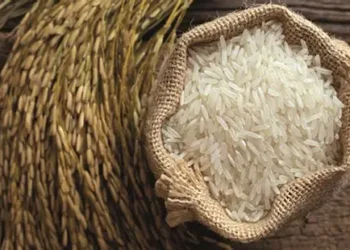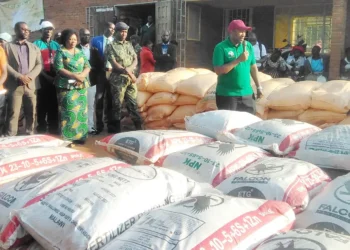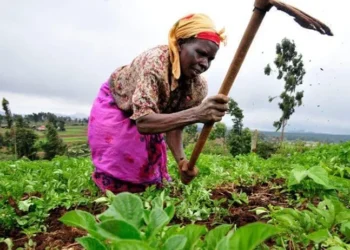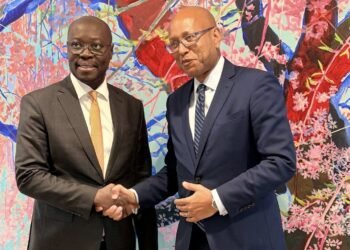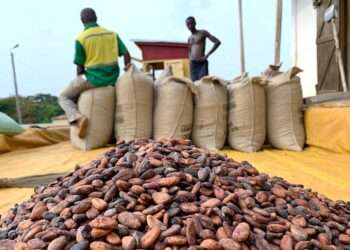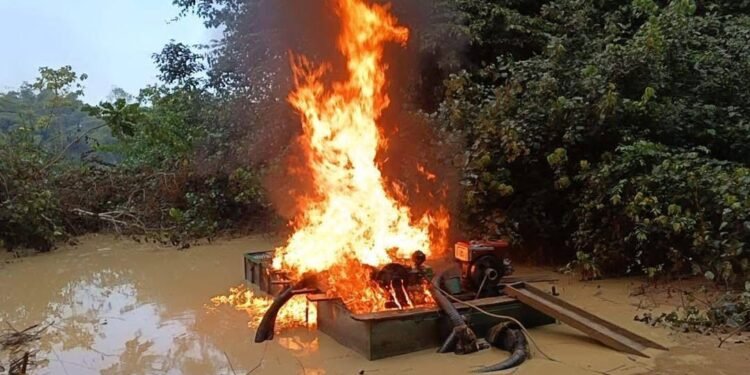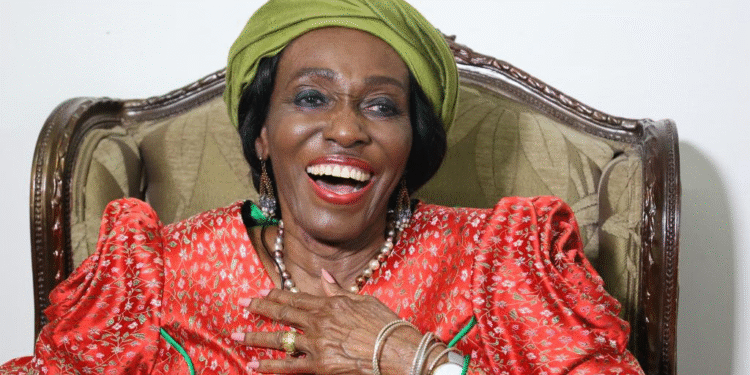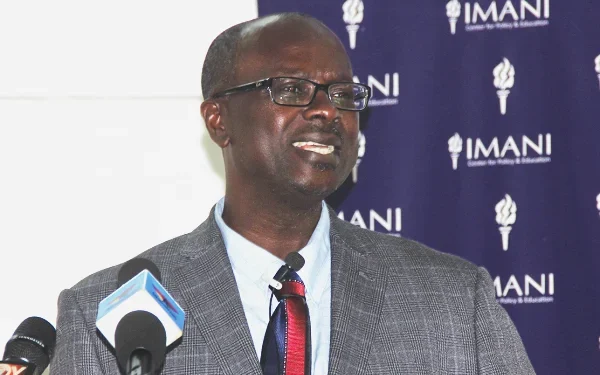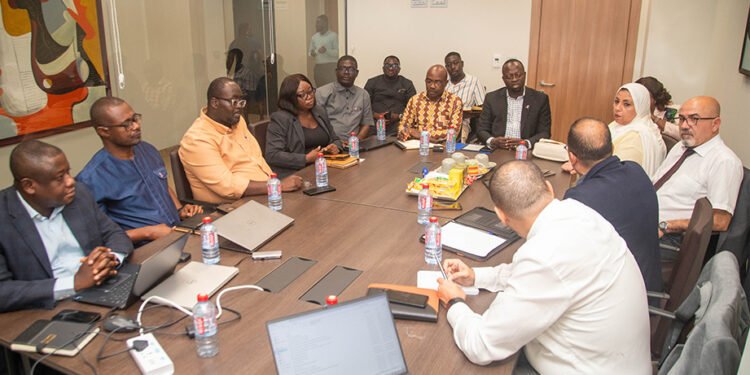A group of women farmers in the Sefwi-Wiawso Municipality in the Western North Region, has received threshing services from the EU-funded ReDIAL project through its innovative technology called the “Multi-Crop Thresher”.
Madam Juliet Tornyie, the Chairperson of the Menewenyo Women’s Group, a group of women 20 in Sefwi Mempeasem in the Sefwi Wiawso Municipality of the Western North Region, said the group has been farming together since 1999, cultivating Maize, beans, cassava, and cocoa.
“We harvest a maximum of 10-20 bags of beans and a maximum of 10-50 bags of maize each cropping season and are excited about the support from ReDIAL for such a good project because, in the previous years, we were faced with so many challenges in the threshing of our farm produce.”
Madam Juliet Tornyie
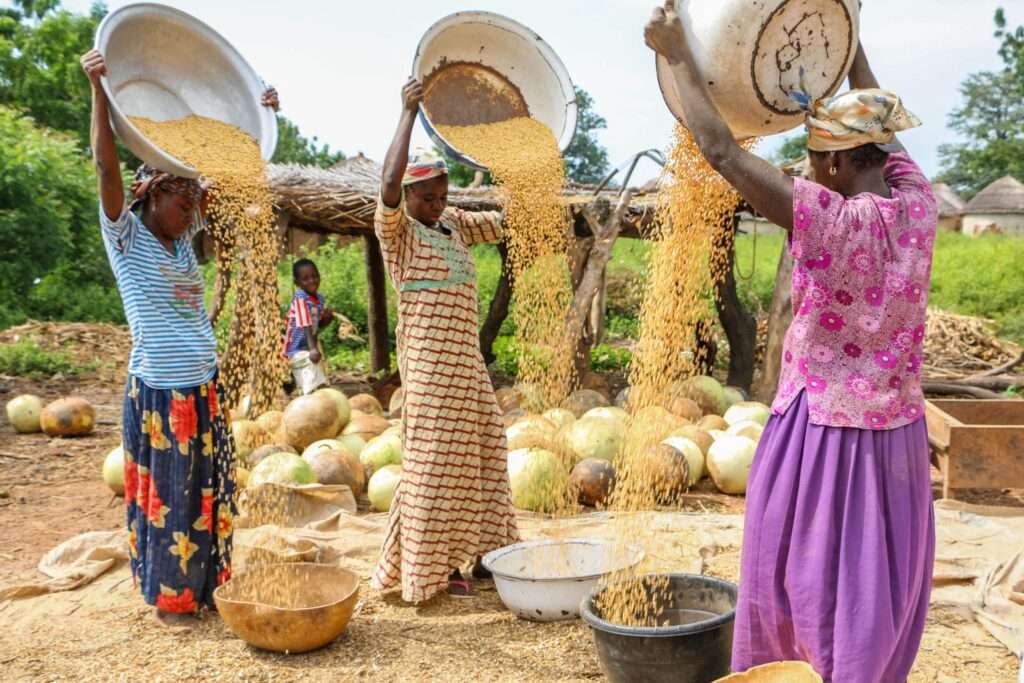
Madam Tornyie mentioned some of the challenges, including the high cost of labour for threshing, post-harvest losses of grains, low yield, low market prices, and poor storage facilities.
ReDIAL project exposes farmers to new farming practices
She praised the ReDIAL project team for such an excellent intervention to help support marginalized farmers with improved threshing technology which has boosted their production. Madam Tornyie further stated that the threshing activity has been successful because they can obtain 20 bags of quality maize grains within a few hours with minimal post-harvest losses of grains and low labor cost, adding that they have a good market because of all these added benefits.
She explained that now, they have good revenue and increased income by 45%.
“This is a vast improvement on our output, and we wish to receive more support from the ReDIAL project.”
Madam Juliet Tornyie
In an interview, Mr. Obed Erzuah, the Project officer at the ReDIAL office in Sefwi-Wiawso, explained that Sefwi Wiawso Municipality is a cocoa, cereals, and grains growing area which contributes to the food security in Ghana hence, the need for such an intervention in the Municipality..
He indicated that the ReDIAL project is a four–year project funded by the European Union (EU) and implemented by Friends of the Nation, Tropenbos Ghana, and the Faculty of Renewable Natural Resources of the Kwame Nkrumah University of Science and Technology.
Mr. Erzuah explained that the project is supported by two private sector companies; SESI Technologies and SAYeTECH Company.
Access to market is critical to women farmers
Gaining access to markets is crucial for the smallholder woman farmer to flourish. The government should improve physical access to markets through farm-to-market roads, transport facilities, market structures, and processing and storage facilities. Attention must be paid to ensuring transport networks are safe for women and that markets are gender-friendly (including lighting, washroom facilities, and childcare provision).
A recent by the European Union demonstrates that greater attention to identifying and addressing the differing constraints, needs, and priorities of women in the agricultural value chain improves productivity, reduces food losses along the value chain, and stimulates higher economic growth rates.
READ ALSO: Energy Transition at Risk as EU Considers Classifying Lithium as Toxic




